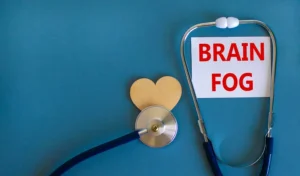
Decreased cognitive function also means it’s more likely for you to misread a situation and overreact. For example, if you’re intoxicated, you might perceive someone bumping into you by accident as a provocation and respond aggressively. Among the many studied physiological and behavioral effects of alcohol is disinhibition, or reduced control over impulses or urges after intoxication. Disinhibition can make you unable to suppress or change an act of aggression that is not appropriate for the situation you’re in. Mental rigidity and alcohol consumption have been explored as contributing to domestic violence.
Anger Management and Alcohol Addiction
- Some studies suggest that people who have underlying depression or anxiety disorders might be more likely to experience anxiety during hangovers.
- Cultural norms and attitudes towards drinking and aggression vary widely across different societies.
- It’s possible that you were angry before you started drinking and alcohol is magnifying those feelings.
- When someone doesn’t express or healthily deal with anger it manifests and boils up within.
- Scheduling an appointment with a professional who specializes in anger management may be more beneficial than participating in group therapy if you have social anxiety.
Cognitive Behavioral Therapy (CBT) interventions are widely recognized as practical approaches for both alcohol recovery and anger management. Furthermore, individualized treatment plans should encompass a thorough examination of the role of alcohol and anger in the individual’s everyday life. Encouraging responsible alcohol consumption and hydration can help mitigate the risk of escalating emotions.
Brain chemistry, alcohol, and rage
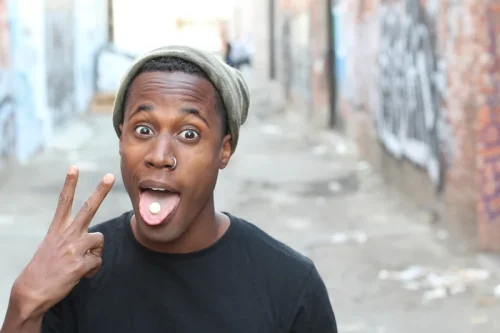
Knowing your limits and sticking to them can also help prevent episodes of anger when you drink. Because of the established link between aggression and alcohol, co-treatments have been developed that can also address anger while drinking. Extreme happiness, or euphoria, is another common experience during drinking. As a positive, unalarming emotion and one that others are used to seeing, however, happiness isn’t on the radar as much as anger. There are a number of cognitive, neurobiological, and social factors that can influence how alcohol affects aggression. This article discusses some of the facts behind the stereotype of the “angry drunk” and explores the connection between anger and alcohol.
- We recently launched our in-app chatbot, Melody, powered by the world’s most powerful AI technology.
- Reducing your alcohol consumption can significantly lower the risk of aggressive behavior.
- However, it also reduces the activity of glutamate, an excitatory neurotransmitter.
Cognitive Behavioral Therapy (CBT) Interventions
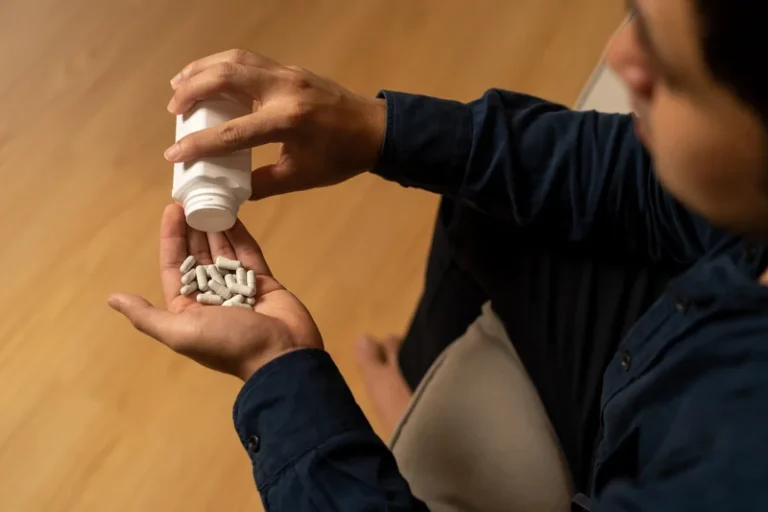
In the study, nearly 500 participants completed a questionnaire about their inclination to consider future outcomes. Afterward, they either drank an alcoholic beverage (orange juice mixed with alcohol) or a placebo (the same concoction but with minimal alcohol). “Later on in the night, you may find someone crying or becoming overly emotional, and this is because, as the alcohol wears off, there is a big drop in serotonin below baseline,” Tietz explains. Alcohol can impair the OFC, and disrupt communication between the OFC alcohol and aggression and the amygdala. Without the OFC doing its job of calming those intense emotions, a person can have a strong reaction (2). Alcohol’s ability to temporarily reduce anxiety can also intensify the urge to act on impulse.
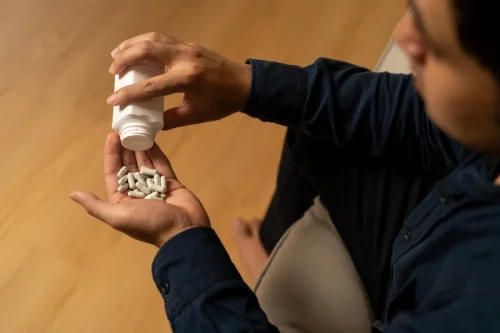
- The great thing about meditation is that it can be done anywhere at any time.
- Learning to manage anger related to these conditions may call for a different approach than other types of anger.
- Interestingly, those in the control group tended to misidentify expressions as happy.
- Some policies may also cover support groups or anger management classes as part of a comprehensive treatment plan.
- Another study of 249 heavy drinkers similarly found that alcohol intoxication predicted higher levels of IPV in those who reported low psychological flexibility (Grom et al., 2021).
Alcohol has been shown to intensify feelings of anger and aggression in many individuals. This link is miscellaneous, involving both physiological and psychological factors. Having a short temper also means it is easier to ruin relationships by getting angry over petty things or taking out your stress on a loved one. If this sounds familiar, you may wish to involve your family in your therapy as well. They are probably dealing with their own negative emotions about your behaviour. These days, people who misuse alcohol can enroll in various treatment programs, whether you choose the 12-step approach or decide to enter residential treatment.
Influence on the frontal lobe
However, early management of these factors can lessen the chances of developing alcohol-related aggressiveness. The brain is the human body’s main organ that deals with cognition, memory, and emotional responses. To work properly, it has many special chemical-like substances known as neurotransmitters. These neurotransmitters are responsible for the emotional and cognitive processes of the brain. Additionally, more than three-quarters of study participants with the gene had mood disorders, personality disorders, and mood swings (10).
- By ending alcohol misuse, you can make positive decisions with a clear outlook.
- Heavy drinkers can experience severe and sometimes life threatening symptoms when reducing alcohol intake, so it’s important to have medical support.
- Some people are more prone to trouble controlling their anger while drinking than others.
- Melody is here to help as you adjust to a life with less (or no) alcohol.
- One of the most common misconceptions about seeking treatment for anger issues or alcohol use is that you’ll need to leave your family, your work, or your friends.
- When a person struggles with both alcohol addiction and anger management problems, the issues exacerbate each other.
Laxative Addiction
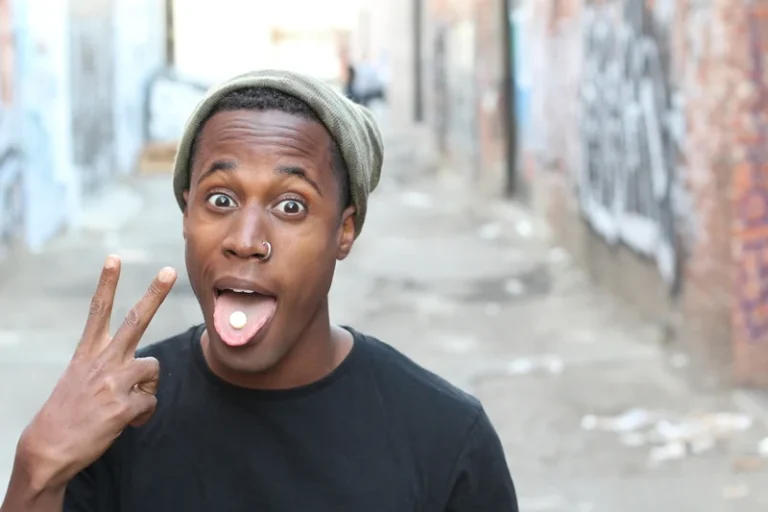
Minor provocations that might typically be manageable can escalate into heated confrontations or aggressive outbursts when alcohol is involved. Try to talk to someone about it, even if they’re not involved Twelve-step program in the situation. If taking time out doesn’t help, find a way to put your anger to good use. Exercises, such as running or kickboxing, can be a good way to burn off any rage. Reframe supports you in reducing alcohol consumption and enhancing your well-being. You’ll meet millions of fellow Reframers in our 24/7 Forum chat and daily Zoom check-in meetings.
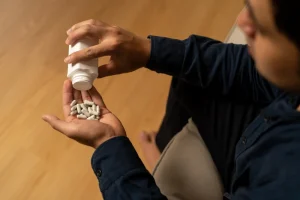
Why is anger so common among people who drink?
To combat aggressive behavior when drinking, individuals should consciously seek help. Typically, anger will lead to aggression unless something happens to resolve the situation. If an intoxicated person becomes upset because the bartender refuses to serve them, help from a friend might calm them down. If no one can defuse the tension, they may become an aggressor, escalating the situation to a violent one.
An earlier study found that alcohol use enhanced aggression primarily among individuals who showed a heightened disposition for such behavior (Eckhardt and Crane, 2008). They were directed to engage in a task with the potential to trigger aggressive verbalizations, with those who consumed alcohol showing significantly more such behavior. Outpatient programs are often part of aftercare programs once you complete an inpatient or PHP program. It is important for people undergoing treatment to have a stable and supportive home environment without access to drugs and alcohol. Some of the ways of managing hangxiety are the same as the strategies for combating a hangover, but there are also additional things you can keep in mind to specifically tackle your anxiety feelings.
Effects and Risks of Alcohol-Related Aggression
It only becomes unhealthy when it goes unresolved and when it isn’t addressed. The stress-reducing effects of alcohol often make people believe there are no real consequences for their actions, which leads to confrontations, fights, or displays of aggression. This is called alcohol myopia, and it’s another reason why people are quick to anger when they drink. In other words, whatever you’re feeling before you drink will likely be magnified once you’re drunk, and because your decision-making is impaired, you’re more likely to act out that anger.



